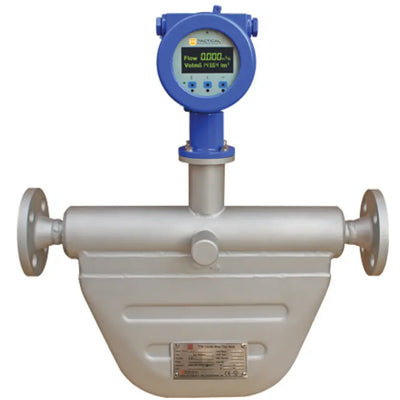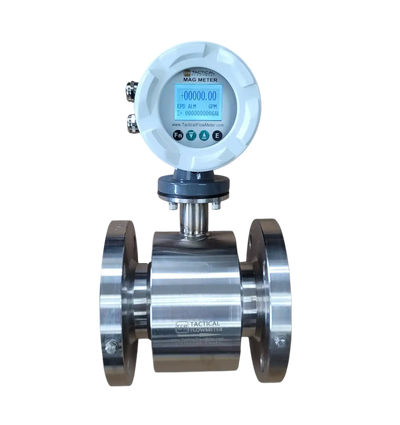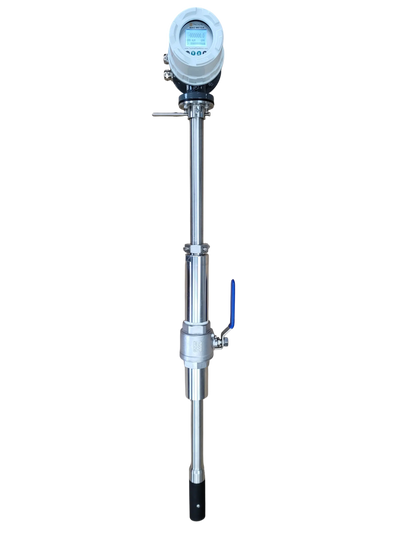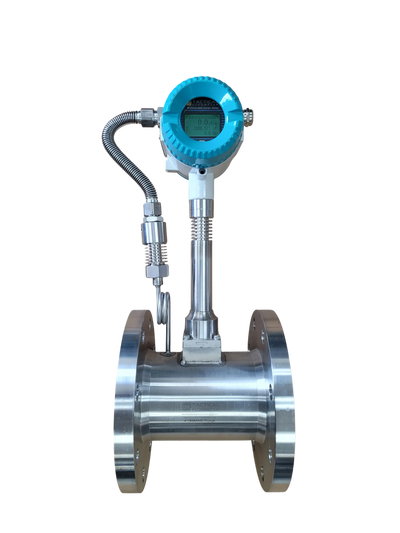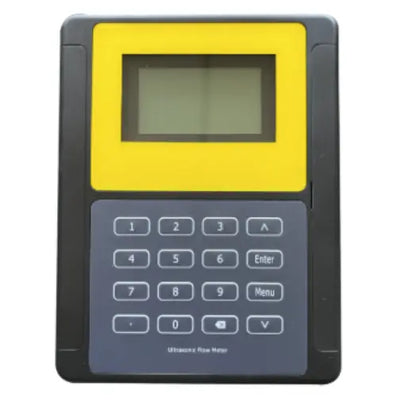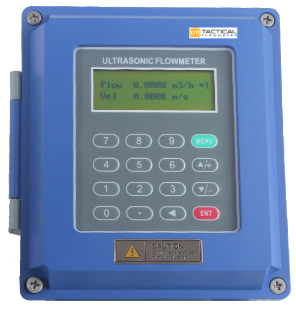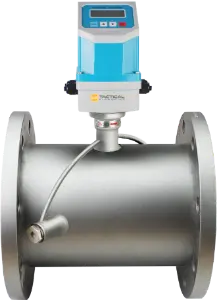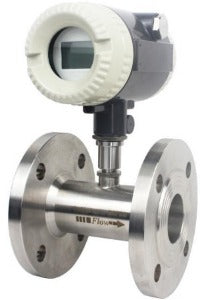Liquid Flow Meters
Liquid flow meters are instruments used to measure the rate at which liquids move through a system, and several technologies are commonly applied depending on the fluid and application. Coriolis meters directly measure mass flow by detecting the twist in vibrating tubes, offering very high accuracy but at a higher cost. Magnetic (Mag) meters use electromagnetic induction to measure volumetric flow of conductive liquids, making them ideal for water, slurries, and corrosive fluids. Vortex meters sense the frequency of vortices shed by an obstruction in the flow path, providing a durable option for clean liquids, steam, and some gases. Ultrasonic meters measure flow using sound waves, with transit-time designs suited for clean fluids and Doppler types better for liquids containing bubbles or solids; clamp-on versions allow non-intrusive installation. Turbine meters use a rotating rotor to measure volumetric flow with good accuracy for clean, low-viscosity liquids, though they require maintenance due to moving parts. Each technology offers a balance of accuracy, cost, and suitability for different liquid types and operating conditions.

